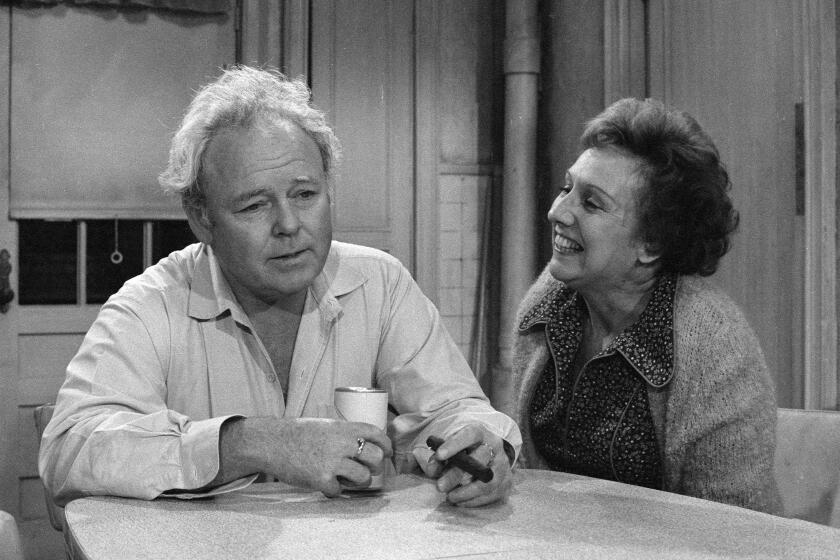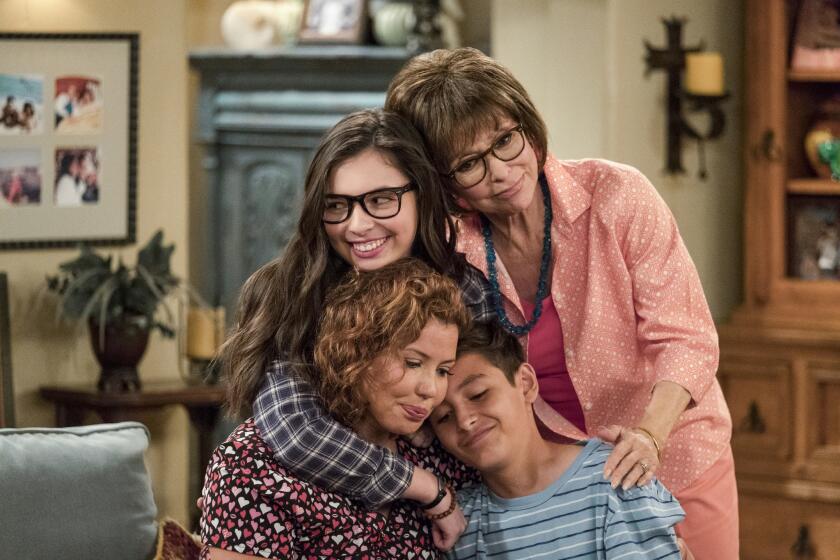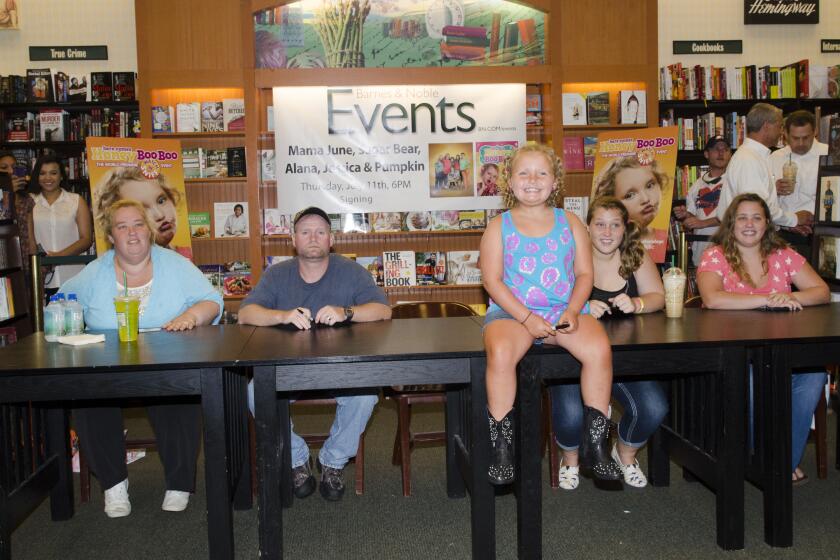Appreciation: Seeing people like me on TV led to my career. I have Norman Lear to thank
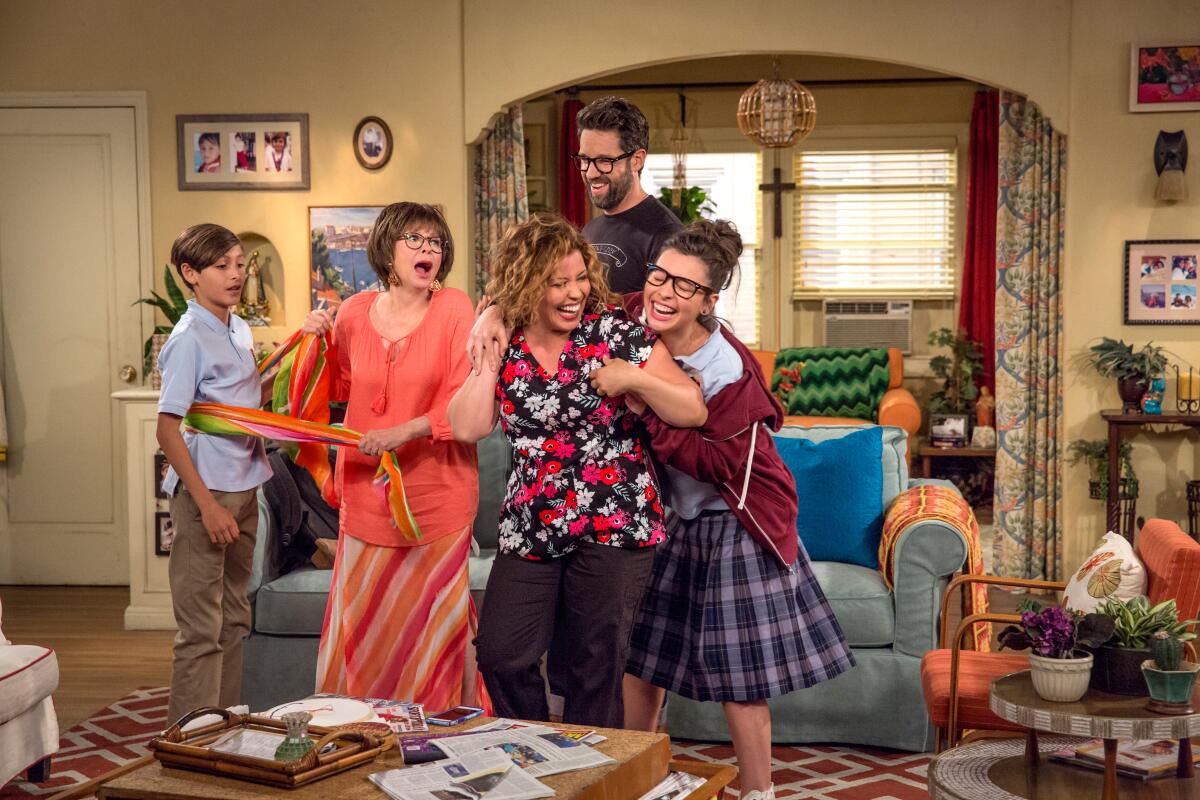
I wasn’t always a 29-year-old pop culture hound. In fact, I went from a 10-year-old movie nerd to later, a 20-something TV obsessive.
Watching films and television shows has always been a part of my life — some of my fondest memories are of going to the theater to see “Fast Five” with my cousin and making my mom record “Lost” on VHS because it aired after my bedtime. (We would watch it together after school the next day.) As I grew, so did my engagement with media.
When I started college, commuting from Downey to Cal State Long Beach, my days were bookended by not only freeway congestion but podcasts. I listened to anything and everything. Did someone I follow on Twitter recommend a show? Downloaded five episodes to listen to. Did I find a list of the top 10 podcasts about movies? Already queued up on my app. I was becoming an active viewer. I wasn’t just watching TV, I was talking to other fans online, familiarizing myself with publications and reading critics from every corner of the internet.
Norman Lear sits with a script in his left hand and a yellow pencil in the other.
In the winter of 2017, a new show landed on my radar. In the age of peak TV, it was, of course, a reboot. But this one was different, at least according to the writers I followed. Norman Lear, a name I was familiar with because he was often referenced by critics I admired, was getting back into the TV business with a new spin on his classic sitcom “One Day at a Time.” It would now center on a multigenerational Cuban family living in Echo Park. “Finally,” I remember thinking, “a show about everyday Latinos in L.A.” I was hooked from the premise alone, but to see the critics I read sing the show’s praises was a special kind of pride.
I voraciously took in all the episodes from the first season within a couple days of their release. Then I told my parents and sister that we should all watch it together. Then I recommended it to my cousins, tías and tíos. Before a new semester of school had started, I had watched the first season at least three times. It’s powerful when a film or TV series can be shared with family, and even more powerful when you can tell your family that the show is about people just like them.
Whether you’re figuring out where to start or where to catch up with your old favorites, here are Norman Lear’s 7 most essential TV shows and where to watch them.
The Alvarez family on “One Day at a Time” felt familiar, like I could have gone to school with their kids or spent time with them afterward. It seemed like the show was directly talking to me and my Mexican American family. And I knew I wasn’t alone. And maybe there was an opportunity to engage with it in a way I hadn’t before. I reached out to my friend LeeAnn Leon and made a plan: We would start a podcast.
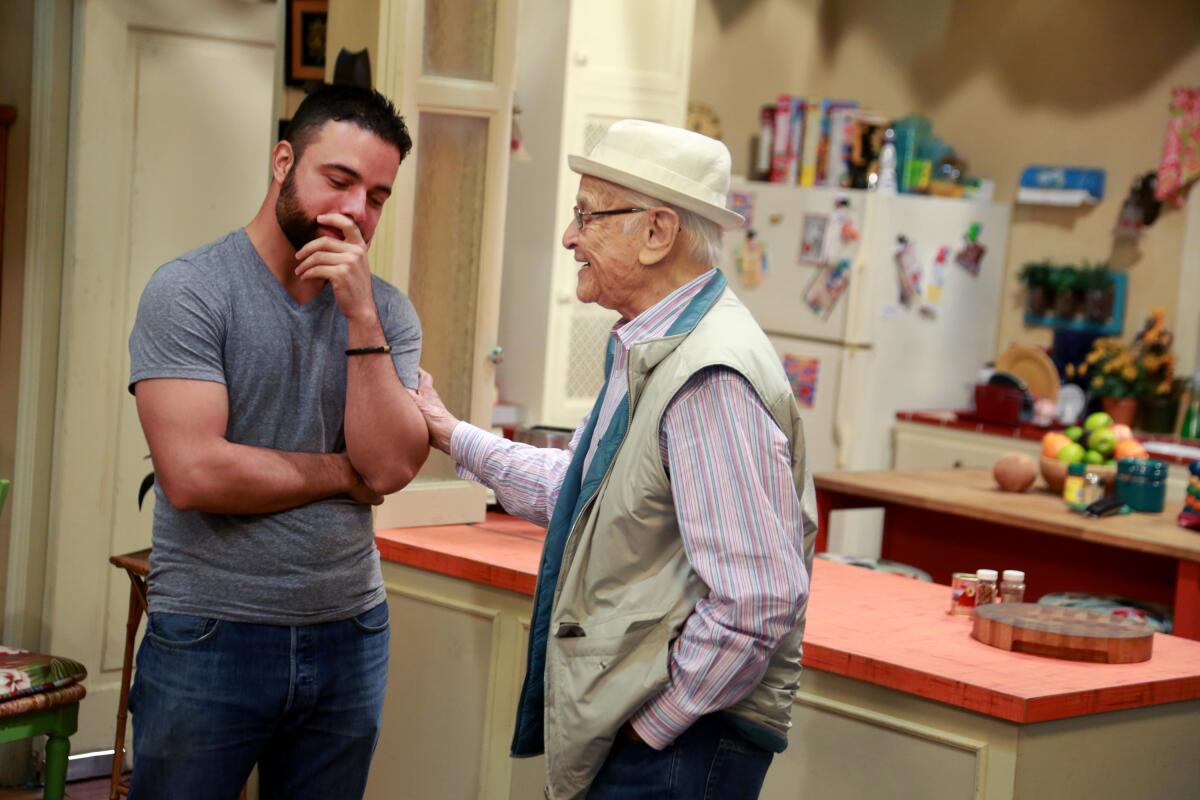
“One Pod at a Time,” our watch-along podcast, launched on Feb. 26, 2019. Less than a month later, Netflix announced the show would be canceled via a fateful Twitter thread. It’s true that each season felt like a fight for renewal, that Netflix would need to see fans demonstrate their support for a show that for many felt like a lifeline while lost in a sea of white faces before making a decision. It was a frustration that represented some of the worst practices of the streaming era, where series with diverse casts would be dispatched after a single season.
After I graduated from college, I was working odd jobs while living at home, which meant that I had time to pour my energy into the podcast. We recorded, edited and published 33 weekly episodes of our little show. We posted memes online and built a following because it seemed like no one else cared to have a podcast about the series. But we cared and we ultimately grew to a small but dedicated audience of 150 listeners at our peak.
‘One Day at a Time’ stars Rita Moreno, Justina Machado, Isabella Gomez and Marcel Ruiz have all penned heartfelt messages after the beloved series came to an end.
When I finally landed an interview for a job I was excited about — an internship at an entertainment trade publication — I told the interviewers that I knew I would excel in the role. I was confident because I was already doing what everyone in their newsroom did: engage with media and build audiences online. It’s a refrain that’s helped guide me as I’ve progressed little by little in my career. After all, I started off doing this kind of work because I love movies and TV.
And the interview? I got the job and ended up working with the very writers I had followed for years.
“One Day at a Time” opened up a world of possibility to me. When we discuss representation on screen, we don’t talk enough about what it means outside of “seeing yourself” and feeling validated. But that doesn’t just mean happy viewers. Representation leads to well-informed, media-literate people. I know this because the work of Norman Lear led me to what I do today.
David Viramontes is an audience engagement editor for the entertainment section of Los Angeles Times.
It's a date
Get our L.A. Goes Out newsletter, with the week's best events, to help you explore and experience our city.
You may occasionally receive promotional content from the Los Angeles Times.

